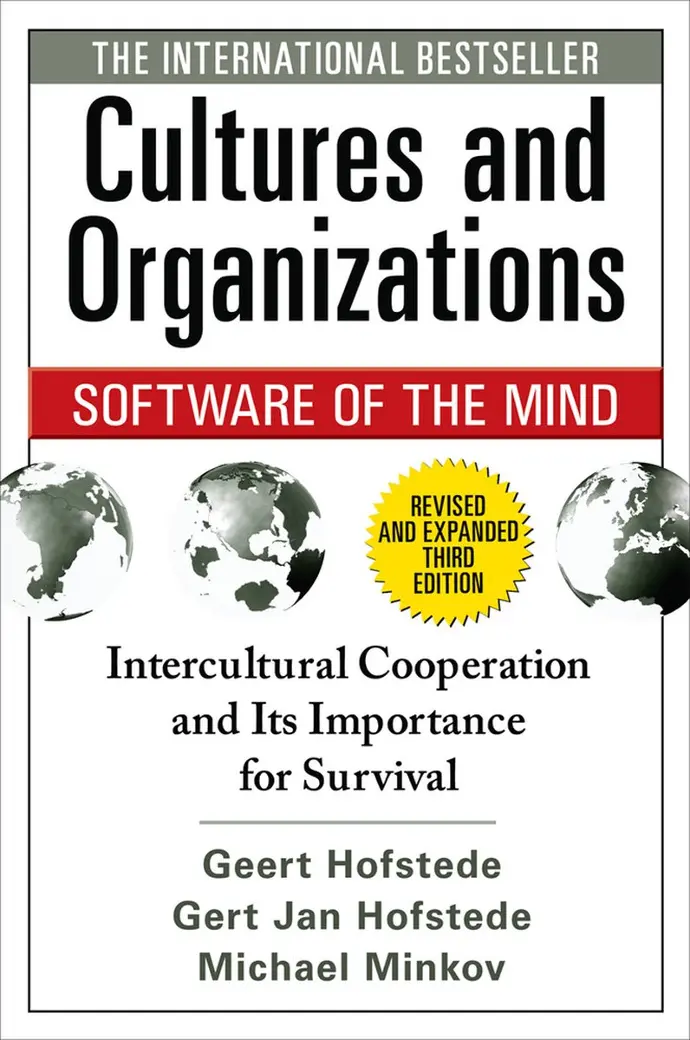When European companies consider importing from Pakistan, they often encounter unique cultural challenges. This article highlights the important aspects of Pakistani business culture from the perspective of Geert and Gert Jan Hofstede, an expert in intercultural communication. Understanding these cultural differences is crucial for the success of EU importers in Pakistan. This blog provides valuable insights for effective and respectful business interactions.
Cultural dimensions and business
According to Hofstede's cultural dimensions, regarding power distance and collectivism, there are some important differences between Pakistan and the Netherlands:
- Power Distance:
- In general, a higher power distance is observed in Pakistan compared to the Netherlands. This means that in Pakistani society there is often more emphasis on hierarchical structures and respect for authority. Decision making can be more centralized, and there is greater distance between leaders and subordinates.
- In the Netherlands, power distance is generally lower, which indicates a more egalitarian society in which people are more open to direct communication with managers and decision-making is often more decentralized.
- Collectivism:
- Pakistan is characterised by a strong collectivist culture. Family and community play a central role in people's lives, and group interests are often placed above individual interests. This can impact business relationships, where trust and relationships are often more important than strictly business considerations.
- The Netherlands has a more individualistic culture, where individual rights and achievements often come first. Business decisions are often made based on rational considerations and contracts, with less emphasis on personal relationships.
In addition, it is very important to take into account the central place that Islam occupies in Pakistan.
Understanding these cultural differences is essential for EU importers looking to do business in Pakistan. It implies that EU importers must be willing to show respect for authority and take into account the collectivist values in Pakistani society when building business relationships and making decisions.
Reading tip:

Hofstede's Cultures and Organizations
Software of the Mind: Intercultural Cooperation and Its Importance for Survival, by Geert and Gert Jan Hofstede and Michael Minkov.
Communication styles and in progress
The communication style in Pakistan is generally indirect and highly contextual, which contrasts with the more direct styles often found in Europe. This style requires patience and attention to nonverbal cues during negotiations. Understanding and adapting to this communication style can lead to more effective negotiations and avoid misunderstandings. EU importers who adopt this style will find themselves stronger in their Pakistani business interactions.
Relationship building and trust
Building relationships is a fundamental aspect of doing business in Pakistan. Unlike the often transactional approach in Europe, doing business in Pakistan requires the development of strong, personal ties and trust. This approach may be time-consuming, but it is a crucial investment for long-term business success. European importers must be prepared to invest time and resources in building these relationships.
Read more:

Crisis in the Red Sea
Recent attacks by the Houthi rebels in Yemen have prompted container carriers to stop sailing via the Red Sea and the Suez Canal.
Read moreFlexibility and adaptability in Pakistani business culture
To be successful in Pakistan, it is important for European importers to be flexible and adaptable. Navigating unforeseen situations and understanding local customs and traditions can be challenging, but is essential to building a successful business relationship. Recognizing and responding to cultural differences shows respect and willingness to collaborate, which strengthens business ties.
Conclusion
Understanding and appreciating cultural differences is crucial for European companies wishing to successfully import from Pakistan. Gert Jan Hofstede's theories provide valuable insights that can help bridge the cultural gap. By applying this knowledge, EU importers can not only improve their business relationships, but also contribute to a more respectful and effective trading environment.
Are you ready to start importing from Pakistan?
Westwood Sourcing provides specialist support and expertise to make importing from Pakistan successful and efficient. Contact us today for more information!









